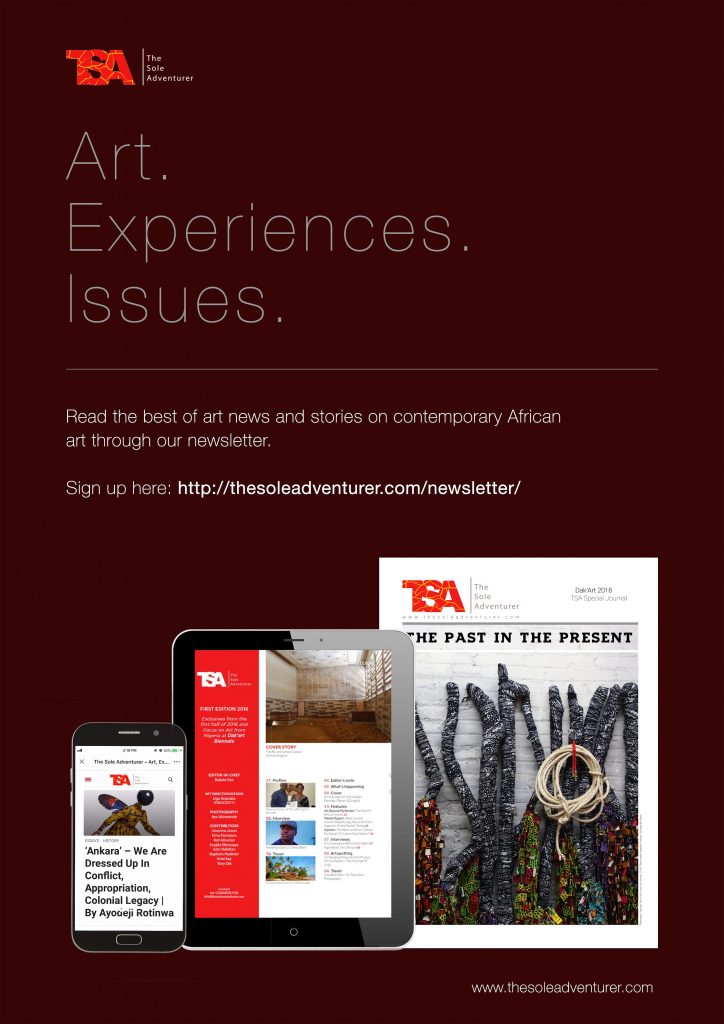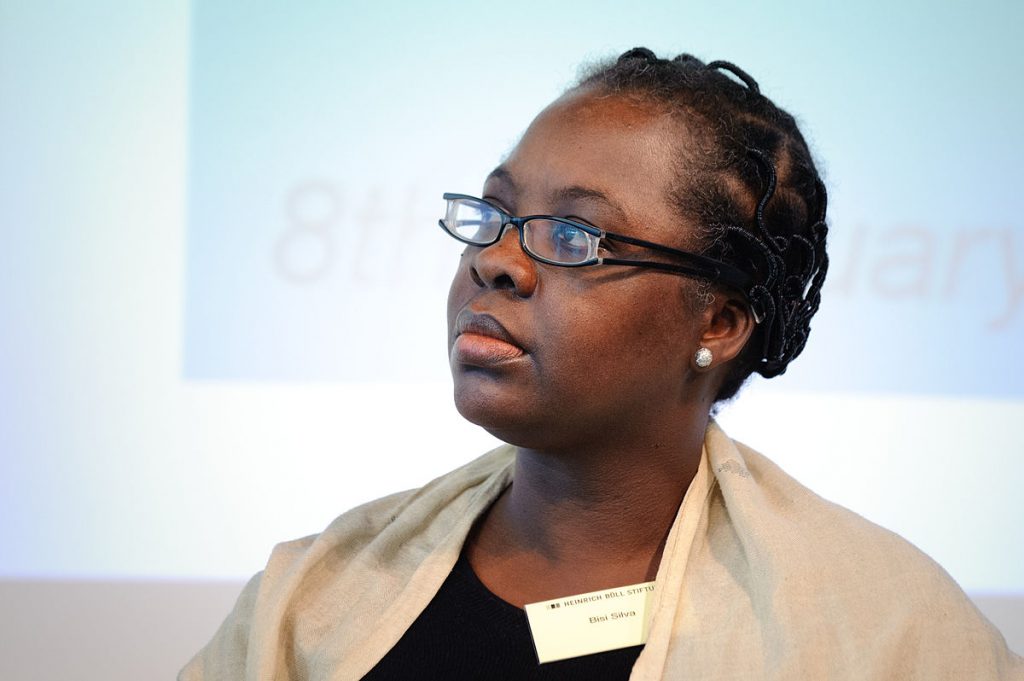The first recipient of the Henrike Grohs Art Award, conceived by the Goethe-Institut and the Grohs family, will be announced on 13 March 2018 in Abidjan, Côte d’Ivoire.
An art prize has been launched in memory of Henrike Grohs, former Head of Goethe-Institut in Abidjan, who was one of the victims of a terrorist attack in Grand-Bassam, Côte d’Ivoire, two years ago.
The prize, announced as €20,000 and set up by the Goethe-Institut and the Grohs family, recognises the lifetime achievements of Grohs; a commitment to support artists in Africa and make a contribution towards international dialogue.
“Henrike Grohs truly embodied the principles and values of international cultural exchange as they are understood by the Goethe-Institut”, said its Secretary General Johannes Ebert. The Grohs family stated that her “tireless engagement for cultural exchange will live on through the award which supports outstanding artists from the African continent, whose work enables new connections and encounters.”
Scheduled as a biennial program, the award will be given to an artist or an arts collective practising in the field of visual arts. Artistic quality is the most important criteria for selection. Collaborative endeavours, sharing knowledge with other artists and social engagement are additional factors for recognition.
A shortlist of three candidates will be released on 26 February 2018 and the winner of the debut award will be announced on 13 March 2018, in Abidjan.
The appointed jury members for the prize are Koyo Kouoh (Artistic Director, RAW Material Company, Dakar), Laurence Bonvin (artist and representative of the Grohs family, Berlin), Raphael Chikukwa (Chief Curator, National Gallery of Zimbabwe, Harare) and Simon Njami (Curator, Paris).
“Though the award is dedicated to artists practising in Africa, the message is universal; a call for reflection and action. Art is probably the one field where no translation is needed. It is that universal language which transforms the ‘chaotic world of sensations’ that we all share, into forms of representations and relations. Art knows neither borders nor religion. It is the very expression of that flame that keeps us going, from North to South and East to West. It is the best expression of our unbreakable faith in our humanity,” states the jury members.
Grohs died on 13 March 2016 in a terrorist attack in Côte d’Ivoire along with seventeen other people. She studied ethnology and was Head of the Goethe-Institut in Abidjan from 2013 until her death. She co-founded the project “Next – Intercultural Projects” at the Haus der Kulturen der Welt in Berlin. Between 2002 and 2009, she worked as Project Manager in the Berlin Philharmonic Orchestra’s Education programme. In 2009, she was appointed Advisor on Culture and Development at the Goethe-Institut in South Africa. Henrike Grohs was 51 at the time of her passing.
Image: Henrike Grohs. Copyright Marc-André Schmachtel.




